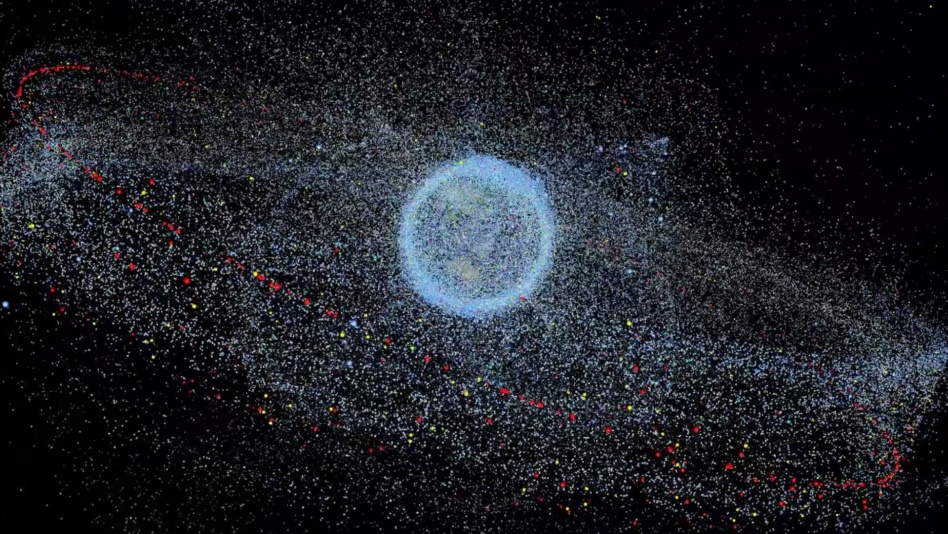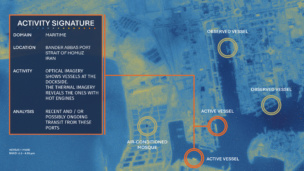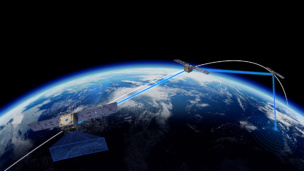Neuraspace, Ienai Space, and EnduroSat announced this morning that they have formed a partnership to demonstrate their end-to-end space traffic management (STM) capabilities. The companies say this will be the first European mission dedicated to performing collision avoidance maneuvers.
“I’m really hoping that efforts like our own will help us avoid negative approaches to sustainability and be positive about how we move forward,” Chiara Manfletti, COO of Neuraspace, told Payload.
The mission: The three partners are looking to the second launch of Isar Aerospace’s Spectrum rocket, which is expected to debut sometime this year. Once in space, the companies hope to achieve two main goals:
- Generate and carry out precise example collision avoidance maneuvers
- Anticipate and avoid real potential collisions
Each company brings a different mission component to the table. Neuraspace’s AI-driven STM platform will perform collision risk assessments and generate example maneuvers for the mission. Ienai’s electric propulsion system will automatically perform the maneuvers generated by Neuraspace. Finally, EnduroSat is building the satellite bus, which will also host other customer payloads.
The mission itself will last several years, the companies said. At the end of its mission, the satellite will actively deorbit using Ienai’s thrusters.





